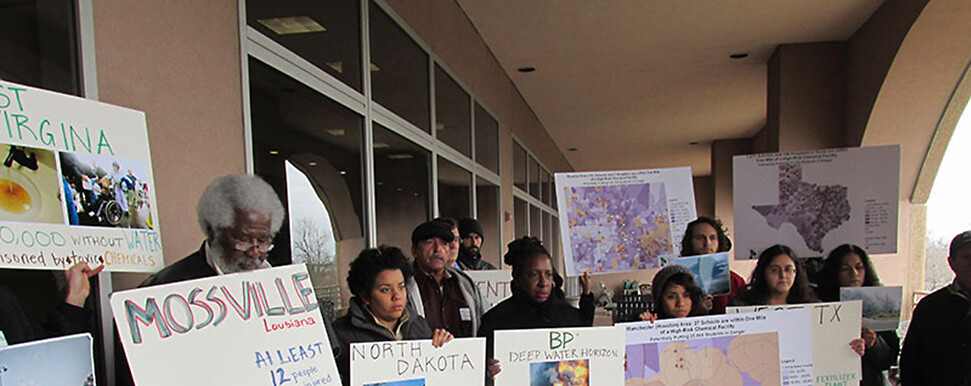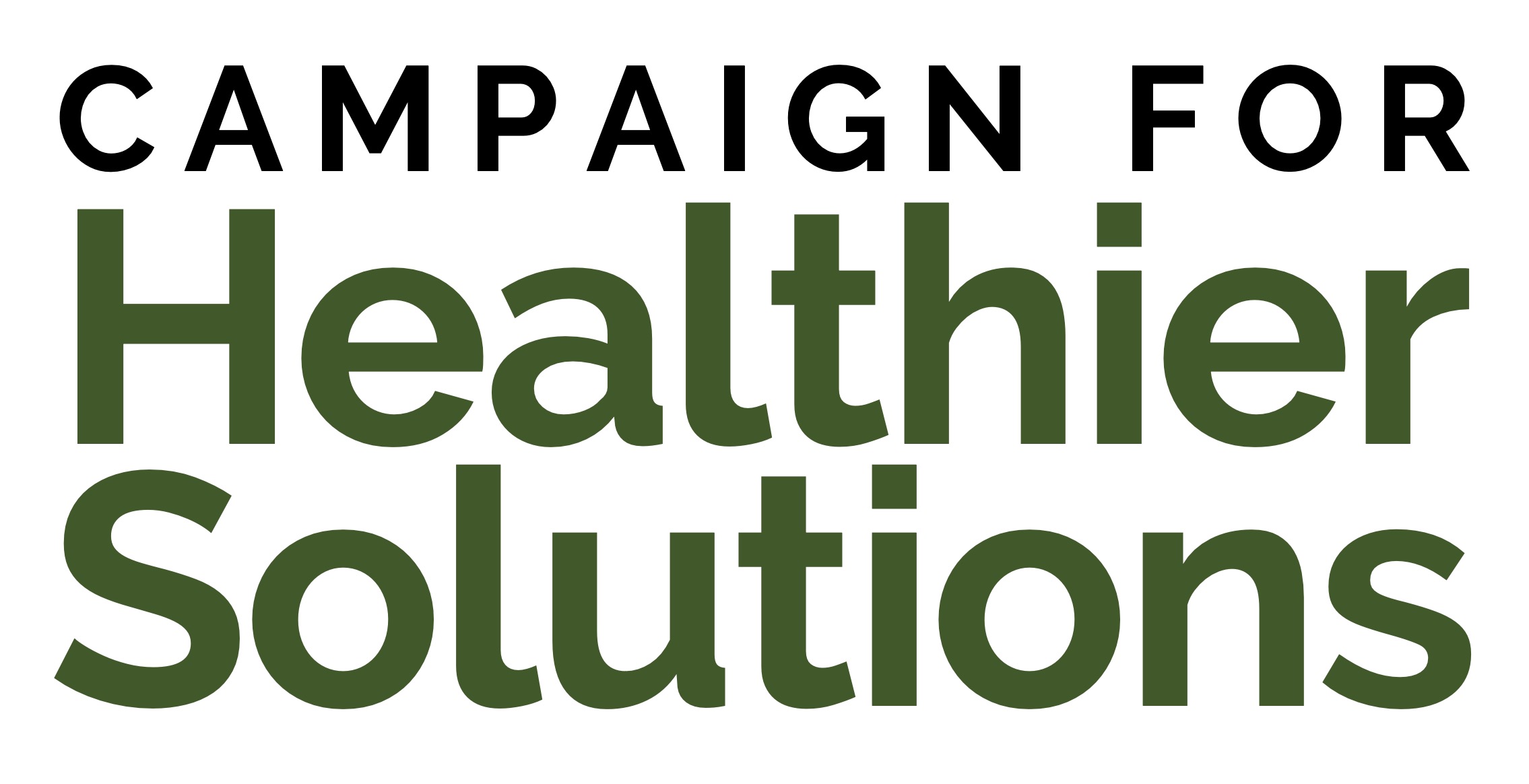
Media
July 14, 2021Most Glass-Bottled Beverages Contain Toxic Chemicals Linked to Reproductive Harm and Brain Development, New Study Says
CONTACT: Shayna Samuels, shayna@ripplestrategies.com, 718-541-4785

Martinelli’s is Target of New Environmental Justice Campaign, Urging Family-Owned Brand to Offer Safer Packaging for Consumers
A report released today by the Toxic Free Food Campaign looked at nearly 300 bottle caps from over 140 beverage brands and found that most glass-bottled beverages are capped with toxic or unsustainable chemicals.
One of the brands tested was the well-known, family-owned apple juice and cider maker, Martinelli’s, headquartered in Watsonville, California. Their glass bottles were found to contain chemicals linked to reproductive harm and brain development that can be left as residue on the rim of the beverage bottles and ingested when you drink.
“Martinelli’s is a trusted brand, but finding harmful chemicals in their bottle caps is concerning and needs to be addressed,” said José Bravo, National Campaign Coordinator for the Campaign for Healthier Solutions (CHS), a group of over 200 health, science-based and environmental justice organizations focused on getting toxic chemicals out of products sold at Dollar Stores. “This should be an easy fix because there are suppliers of non-toxic bottle caps near Martinelli’s headquarters.”
The new report — Capped with Toxics — tested the plastic liners of 273 metal bottle caps from soda, juice, water and other beverages. The results found that one-third of brands tested contained ortho-phthalates, which studies have shown can migrate from cap gaskets into food and beverages. The chemicals may also leave a residue on the rim of the bottle that’s ingested as you sip, and pollute the environment when discarded.
Nearly two-thirds of the bottle liners tested were made of polyvinyl chloride (including a few of the Martinelli’s bottle caps), also known as PVC, vinyl, or the “poison plastic,” as both a hazard to our health and our environment. Vinyl is notably the most environmentally harmful plastic in high volume use, creating toxic hazards across its lifecycle from production, with use and disposal often affecting communities of color or low-income communities that are heavily burdened by air pollution.
In the case of ortho-phthalates, people of color and young children are adversely affected as it relates to both higher exposure and greater susceptibility. They are also over-represented among purchasers of sweetened beverages and customers of Dollar Stores.
“Our report is calling for change to improve the safety and sustainability of glass-bottle beverages,” said Brandon Moore, national campaign director at Defend Our Health, which leads the Toxic-Free Food Campaign that coordinated the investigation for the report. “There are safe alternatives that are readily and widely available.”
“Some brands are switching to phthalate-free or non-vinyl plastic liners for their bottle caps, demonstrating that it is possible” said report author and Defend Our Health executive director Mike Belliveau. “It’s time for brands like Martinelli’s to end any use of phthalates in their cap liners.”
The Campaign for Healthier Solutions and the Toxic-Free Food Campaign strongly recommend that all beverage brands immediately end any use of phthalates and PVC in their cap liners. Companies may soon be forced to change. After January 1, 2022, beverage packaging containing ortho-phthalates will no longer be sold in the State of Maine. The state of California has also identified chemicals of concern, including ortho-phthalates, that should not be in products that people consume, especially children.
Sign the petition and call for Martinelli’s to stop exposing their consumers to toxic chemicals.
# # #
